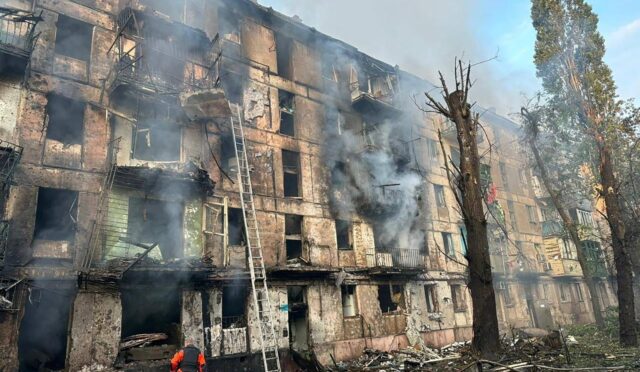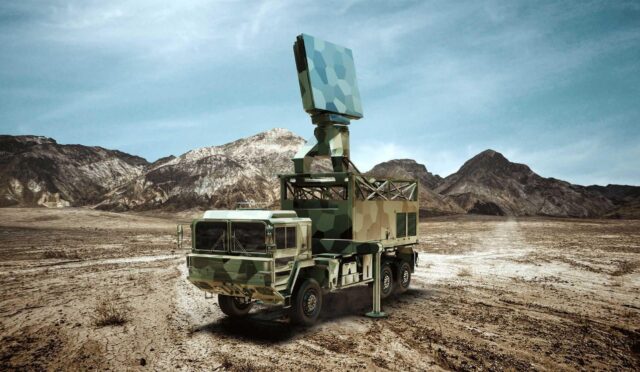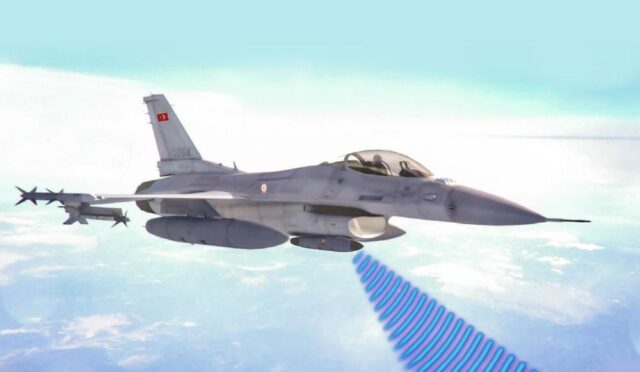Yemen Ceasefire Agreement Ensures Freedom of Navigation
The United States and Yemen’s Houthi rebels have successfully negotiated a ceasefire agreement, meditating officials announced on Tuesday. This landmark deal is expected to ensure “freedom of navigation” in the Red Sea, an area that has recently witnessed numerous attacks on commercial vessels by the Iran-backed rebels. The ceasefire follows President Donald Trump’s declaration that the United States would halt its military operations against the Houthis, contingent upon the rebels’ promise to refrain from harassing maritime traffic.
Omani Foreign Minister Badr Albusaidi confirmed that the agreement came after extensive discussions aimed at de-escalating tensions. In his remarks, he emphasized that neither side would engage in acts of aggression against the other, allowing for the uninterrupted flow of international commercial shipping through the vital waterway.
Rebel Reactions and Continued Threats
In a statement from the White House, President Trump suggested that the Houthis had “capitulated” following a seven-week U.S. bombardment that reportedly claimed 300 lives, according to Houthi accounts. Despite this, Houthi political leader Mahdi al-Mashar has not publicly commented on the ceasefire yet hinted at a “painful” response to Israeli military actions against them, particularly in relation to Israel’s recent airstrikes.
Houthi spokesman Mohammed Abdelsalam issued a stark warning via the Al-Massirah television network, asserting that any renewed U.S. military actions would elicit a decisive response. He noted the history of conflict with the United States in Yemen, underscoring that the Houthis remained resolute in their stance against external influence, especially regarding their ongoing conflict with Israel.
Escalating Conflicts Amid Ceasefire
The Houthis have been actively launching missiles and drones at Israel and ships traversing the crucial Red Sea, framing their actions as solidarity with the Palestinian cause during the ongoing Israel-Hamas conflict that began in late 2023. President Trump remarked during a press conference that the Houthis expressed a desire for peace, which he interpreted as an agreement to stop attacking ships, highlighting that the U.S. would reciprocate by ending airstrikes.
However, the peace could be tenuous. The Israeli Defense Forces recently rendered Sanaa’s international airport inoperable with airstrikes that reportedly resulted in casualties. Further escalation was evident as Israeli fighter jets targeted Houthi military infrastructure, further complicating the ceasefire and increasing tensions in the region.
Concerns for Civilians Amid Strikes
Civilian life in Sanaa has been deeply affected by these military actions. Eyewitness Abdallah, a 27-year-old student, recounted a chilling experience during an Israeli missile strike, while residents reported widespread fear and panic among children, highlighting the psychological toll of these conflicts. Reports indicate that power outages ensued after Israeli strikes targeted electricity infrastructure, leaving many residents in the dark.
A 35-year-old mother from Sanaa, Umm Abdallah, shared her family’s struggle with fear, revealing how her children were terrified to engage in daily activities due to the threat of airstrikes. Such testimonies underscore the heavy human cost of these ongoing conflicts, drawing attention to the urgent need for humanitarian relief and the protection of civilians caught in the crossfire.
International Reactions and Implications
In light of the escalating situation, Israel’s military has issued warnings to Yemeni civilians, urging them to evacuate the airport vicinity to avoid further casualties. As regional tensions flare with Israel planning increased military operations in Gaza, international observers express concerns over the unfolding humanitarian crisis. Hans Grundberg, the UN special envoy for Yemen, characterized the recent events as a troubling escalation that threatens an already fragile regional landscape.
Since hostilities intensified, both sides have reported substantial losses. The Israeli military claims to have intercepted numerous Houthi missiles while also conducting operations targeting rebel capabilities. The international community remains watchful, analyzing the implications of these developments and the potential for either a lasting peace or a return to violence.
Historic Context of Yemen’s Conflict
The situation in Yemen has a long history, with the Houthis gaining control of significant territories amid ongoing unrest and foreign intervention. Sanaa airport, having reopened to international flights in 2022 after a blockade, symbolizes a fragile hope for normalization. Currently, it offers flights mainly to Jordan, serving as a crucial lifeline for citizens seeking respite from the chaos.
As international diplomatic efforts continue, the Houthi narrative remains one of resistance against perceived oppression. The delicate nature of the ceasefire and the possibility of renewed hostilities highlight the complex interplay of local and international politics impacting Yemen and its neighboring regions.







